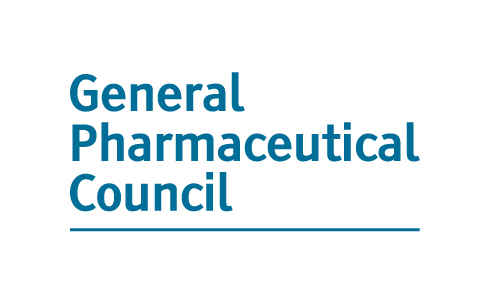Interview: PSNC’s Simon Dukes
The appointment of Simon Dukes as the new chief executive of the Pharmaceutical Services Negotiating Committee was met with mutterings from certain quarters. He was a ‘political appointment’. He had no community pharmacy background. His career spanning
many years in the public sector will have coloured his views on community pharmacy – and not in a good way. Was he a compliant spy in the camp?
An alternative, less paranoid view might be that, as the former boss of Cifas, the fraud prevention service, and with his long experience of working with Government, he would bring fresh thinking, sound judgment, strong leadership and proven negotiation skills to the table. These are useful qualities at a time when relations between PSNC and Government are at an all-time low and contractors stand teetering on the brink of a financial abyss.
One thing everyone can agree on is that Dukes does not have the luxury of a honeymoon period to get to grips with his brief. The financial crisis facing contractors in England, brought to their knees by the funding cuts, is desperate and immediate.
Double-whammy
No sooner had he settled behind his desk at PSNC, he was faced with the double-whammy of the June price concessions – at lower levels than the negotiating body had sought – and the new category M prices, equivalent to a cut of 17p per item. An already grim situation had suddenly become even grimmer, prompting PSNC director of funding Mike Dent to bemoan the “enormous and unreasonable pressure” on contractors as a result of the interminable medicines supply and pricing issues afflicting the sector.
What does Dukes make of it all? “The financial environment is extremely challenging. It is a perfect storm of funding cuts, reduced margin and clawback that together have contributed to severe cashflow problems for contractors,” he says.
Caught in the middle
Of particular concern at the time of our interview were the July Drug Tariff changes and the ability of the system delivering retained margin to function effectively in the current volatile market.
An unexpected increase in wholesaler margins was one of the factors cited by the recent National Audit Office investigation and subsequent Public Accounts Committee inquiry as contributing to the price hikes. Pharmacies, says Dukes, are “caught in the middle”.
Nonetheless, PSNC seems powerless and the Department of Health and Social Care reluctant (or unable) to arrive at a workable arrangement that would bring a measure of stability to reimbursement prices. At the time of writing, for instance, it was still unclear what will happen to the August Drug Tariff.
The system, and the methodology that sustains it, seems to have completely broken down. PSNC is questioning the new process for setting price concessions. And the margins survey for 2017/18 is still uncompleted.
According to Dukes, work on the margins survey is actually “progressing well”. However, because each price concession line is considered in full, and the number of concessions granted over the past year has been far higher than usual, the data gathering and processing workload has increased significantly.
“This is vital work and has to be done carefully and accurately as it allows the reconciliation of the gains and losses across all the price concession products for our sampled independent contractors, which is then adjusted for in the survey result,” says Dukes.
Are the financial pressures affecting the sector now at such a level that patient safety is at risk? “From the pharmacies I have visited so far, I would say that pharmacists are doing everything to ensure patient safety is not affected. However, I am concerned about the wellbeing of pharmacists having to deal with these pressures and we have made this point to DHSC.”
New contract
PSNC has concluded, belatedly in the opinion of some, that the only way to secure a viable future for community pharmacy is through a new service-based contract. Yet only a few years ago the negotiating body was claiming no one was seriously looking at throwing everything into the air and having a whole new contractual framework. So what’s changed?
Interview by Richard Thomas as published in Pharmacy Magazine


)
)
)
)
)
)
)
)
)
)
)
)
)
)
)
)
)
)

.png/fit-in/500x500/filters:no_upscale())
)
)
)
)
)
)
)
)
)
)
)
)
)
)
)
)
)
)
)
)
)
)
)
.png/fit-in/1280x9999/filters:no_upscale())
)
)
)
)
)
